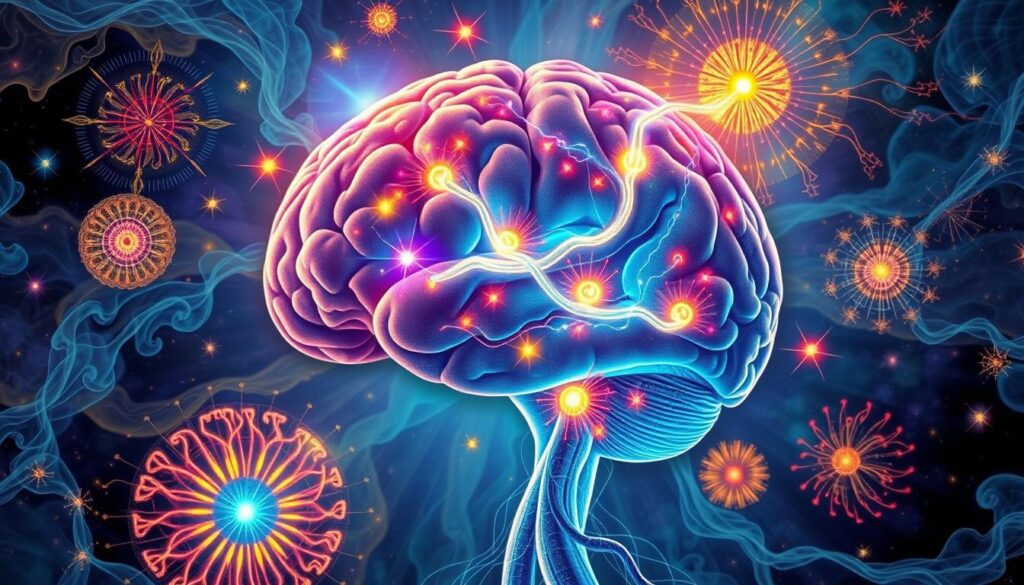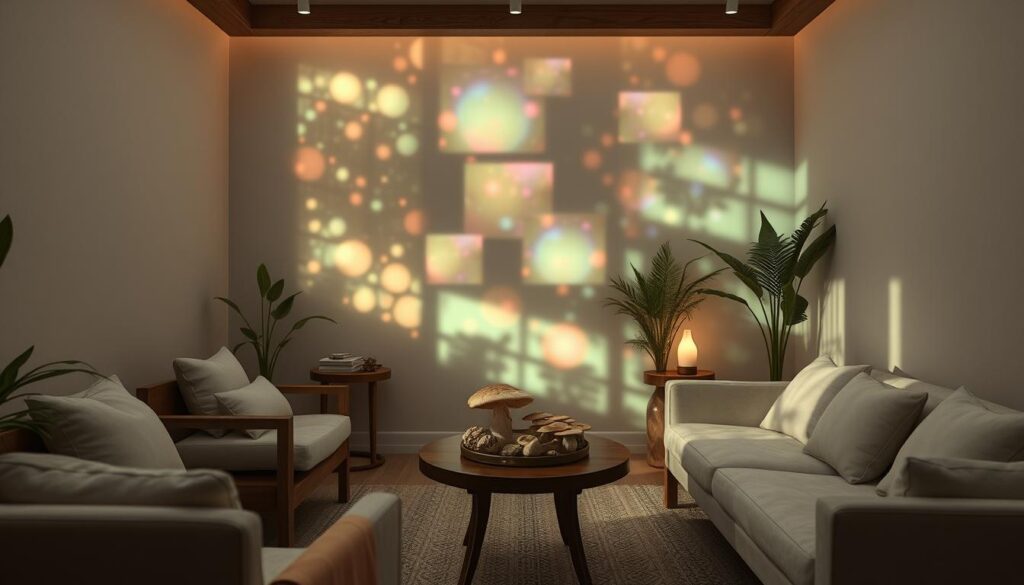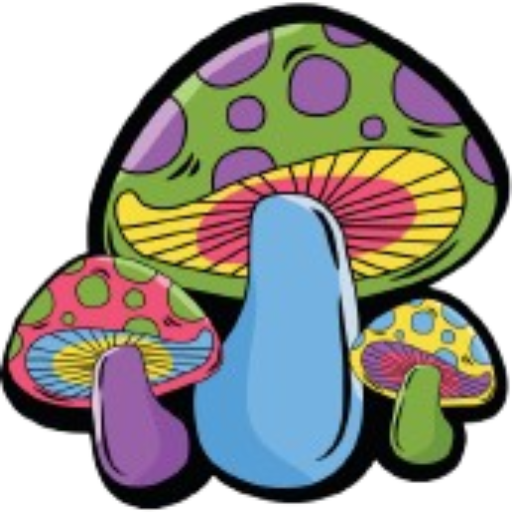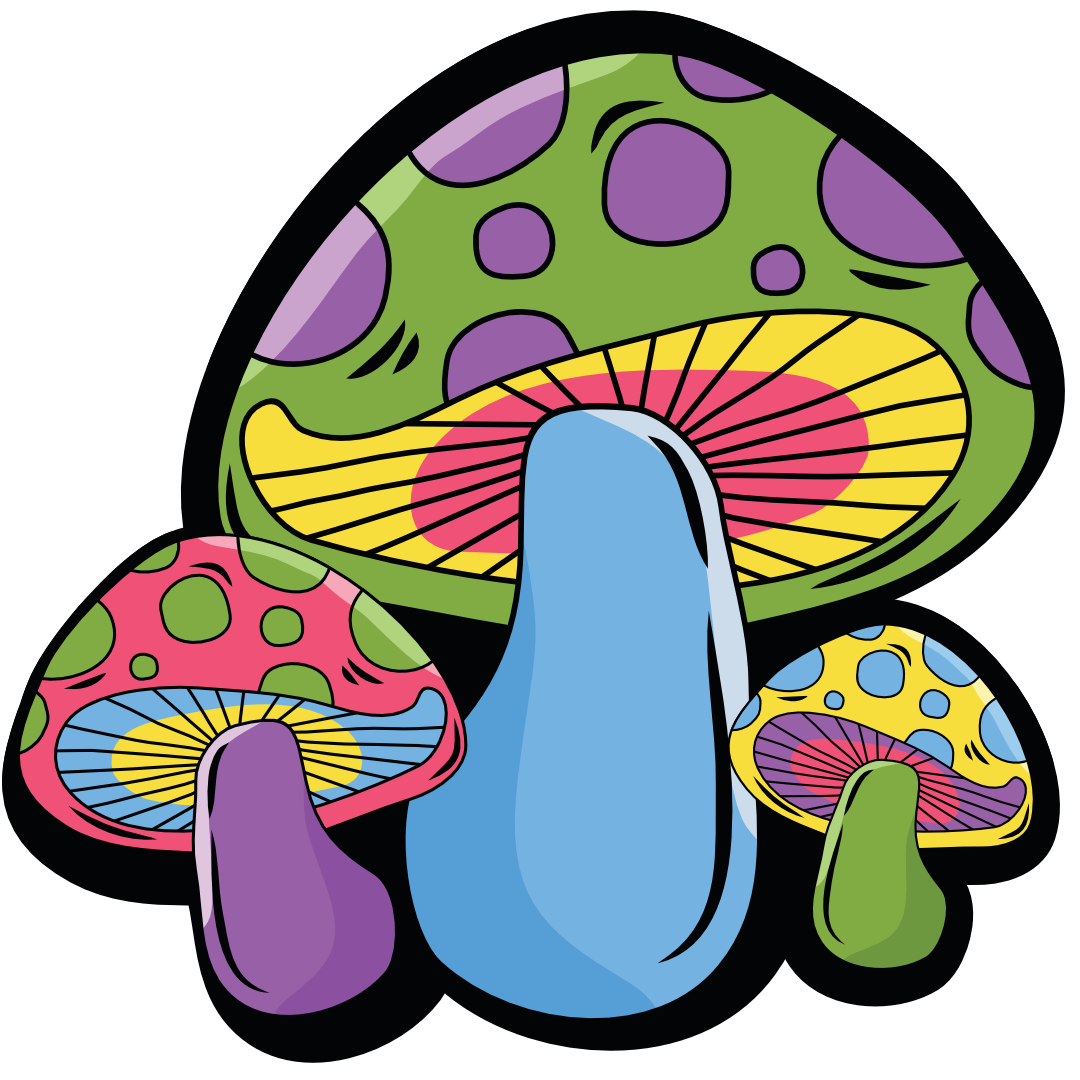Psilocybin, found in some mushrooms, might help treat depression. Studies show it can connect brain regions better in people with depression. This helps break free from stuck thinking and self-focus.
By changing brain pathways, psilocybin could lead to more flexible thinking. This might help reduce depression symptoms. Learning how psilocybin works could lead to new treatments that help the brain make new connections.
Psilocybin’s Impact on Brain Connectivity
Recent studies have shown how psilocybin, found in magic mushrooms, changes brain connections linked to depression. Using fMRI, researchers found that psilocybin reduces connections in brain areas that are too connected in people with depression. These areas include the default mode, salience, and executive networks.
Psilocybin Promotes Greater Brain Integration
Psilocybin also makes connections to other brain areas stronger. This means it can make the brain more flexible and open to new thoughts. By changing these connections, psilocybin might help the brain work better and be more adaptable.
Disrupting Rigid Thought Patterns in Depression
Depression often leads to stuck, negative thoughts. Psilocybin can break these patterns by changing brain connections. This could help people with depression move past constant negative thinking and despair.
“Psilocybin therapy led to a rapid and consistent efficacy-related brain changes that correlated with robust antidepressant effects across two studies, indicating an antidepressant mechanism for psilocybin therapy premised on global increases in brain network integration.”
Neuroimaging Studies on Psilocybin’s Effects
Researchers have used advanced tools like fMRI to study psilocybin’s effects on the brain. They found that psilocybin can change brain connections in people with depression. It makes some connections stronger and others weaker.
This change could help break the cycle of depression. A study at Imperial College London showed psilocybin’s effects lasted for three weeks. It helped people see things differently and deal with tough experiences.
A study with 15 patients showed psilocybin’s benefits. Six patients saw a big drop in their depression symptoms. Researchers could even predict these changes using brain models.
These studies highlight psilocybin’s potential in treating depression. They also give us a peek into how it works in the brain. As research goes on, psilocybin could change how we treat depression in the future.
Psilocybin’s Mechanism of Action
Psilocybin, found in some mushrooms, is getting more attention for treating depression. It works by interacting with the serotonin 5-HT2A receptor. This receptor is key in brain areas that are too active in people with depression.
Serotonin 5-HT2A Receptor Involvement
Psilocybin binds to the serotonin 5-HT2A receptor, like other psychedelics. This receptor is found in parts of the brain that control mood, thinking, and senses. Psilocybin might help the brain change its pathways in a good way after treatment.
Promoting Neuroplasticity and Brain Remodeling
Psilocybin might help the brain change and adapt, which could fight depression. It changes how brain cells work and connect. This could lead to better mood and thinking skills over time.

Understanding how psilocybin works is exciting for treating depression and other mental health issues. It opens up new paths for research and treatment.
Why does psilocybin help depression
Psilocybin, found in some mushrooms, shows promise in treating depression. It works by changing the brain’s patterns that lead to depression.
Psilocybin makes the brain more flexible by connecting different areas. This helps in breaking down old, stuck thinking patterns. It’s believed to be key in its antidepressant effects.
A study with 436 people found psilocybin greatly reduced depression symptoms. Those who saw bigger improvements were older, had depression linked to another health issue, and had used psychedelics before.
Psilocybin might help depression by making the brain more adaptable. This allows for new connections and breaks down old, stuck thoughts. It’s important for overcoming depression.
Even though psilocybin is still mostly banned, studies are hopeful. Oregon and Colorado are the only U.S. states where it’s legal. It could be a new hope for those with depression, even for those who haven’t responded to usual treatments.
Comparing Psilocybin to Conventional Antidepressants
Psilocybin and traditional antidepressants treat depression in different ways. Antidepressants mainly adjust serotonin levels. But psilocybin changes brain activity and connections more deeply and lastingly.
Differences in Brain Activity Changes
Antidepressants make small changes in brain function. But psilocybin changes brain connections that are usually stuck in depression. This could mean psilocybin is better at fixing the brain’s problems in depression.
A study looked at 19 trials with 811 people who took psilocybin and 1,968 who took escitalopram. High doses of psilocybin were slightly better than escitalopram at easing depression. The study also found the placebo effect was lower in psilocybin trials.
Experts say adding psychotherapy with psilocybin is key, as it’s a deeply personal experience. More research is needed to understand its long-term effects and how it works best with therapy.
| Metric | Psilocybin | Antidepressants (SSRIs) |
|---|---|---|
| Response Rate | High (Up to 80% in some studies) | Moderate (60% response rate) |
| Side Effects | Mild, short-term (e.g., anxiety, nausea) | Extensive (e.g., motor impairments, emotional blunting, sexual dysfunction) |
| Long-Term Safety | Remarkably safe, low physiological toxicity | Potential for serotonin syndrome/toxicity |
| Mechanism of Action | Profound changes in brain connectivity and activity | Incremental modulation of serotonin levels |
Psilocybin’s Potential as an Alternative Treatment
Research on psilocybin as an alternative depression treatment is gaining attention. It works differently than usual antidepressants, helping the brain change and break old thought patterns. This makes it a hopeful option for treating depression that doesn’t respond to other treatments.
Studies on psychedelic treatment for depression show quick and lasting improvements. This is true for people with depression that’s hard to treat or linked to cancer. One study found psilocybin worked better than a known treatment, showing a big advantage.
Psilocybin can change brain activity with just a few doses, with the help of therapy. This is different from traditional antidepressants, which take longer to work. This fast action is a big plus for psilocybin.
But, there are hurdles before psilocybin can be used more widely. Legal issues, cost, and lack of rules are some of the challenges. As research on psilocybin as alternative depression treatment grows, careful and thorough studies are key. This ensures psilocybin is used safely and effectively.
Clinical Trials and Research on Psilocybin for Depression
Johns Hopkins Psilocybin Study for Major Depressive Disorder
Researchers at the Johns Hopkins School of Medicine have led groundbreaking studies on psilocybin for depression. They found that psilocybin, when paired with therapy, can offer lasting relief for some patients. This relief can last for at least a year.
The study involved 27 people with long-standing depression. Most had tried other antidepressants before. The results were striking. Psilocybin greatly reduced depression, and these effects lasted up to 12 months after treatment.
In fact, 75% of participants showed a positive response to the treatment. And 58% were symptom-free at the 12-month mark.
“Psilocybin was found to produce significant and immediate effects with long-lasting potential to relieve symptoms of depression with one or two treatments.”
This study shows psilocybin could offer lasting relief, unlike standard antidepressants. The research was funded by Tim Ferriss, the Riverstyx Foundation, and the National Institutes of Health.
More research is needed to see if psilocybin’s effects last beyond 12 months. But the Johns Hopkins study is a major breakthrough in using psilocybin for depression.
Duration of Psilocybin’s Antidepressant Effects
Research by the Johns Hopkins team shows that psilocybin-assisted therapy can last for at least a year in some patients. This is different from regular antidepressants, which need to be taken every day. Psilocybin might offer lasting relief with just a few doses, unlike other treatments that need ongoing use.
A study with 233 patients found that a single 25 mg dose of psilocybin helped reduce depression for at least 6 weeks. A follow-up study showed that 60-80% of participants kept feeling better after treatment. Also, 71-100% reported positive changes in their lives.
This is good news, as many people with depression don’t get better with usual treatments. Psilocybin therapy, combined with psychotherapy, could be a new hope for those struggling with depression. It might be a better option than taking antidepressants all the time.
“Psilocybin therapy typically involves 12 hours of manualized psychotherapy and has shown to be effective but is not scalable due to resource limitations and the need for continuous monitoring.”
While the effects of psilocybin on depression are promising, more research is needed. We need to understand how long these benefits last and how to get the best results. As scientists learn more about how psilocybin works, it could change how we treat depression.
| Statistic | Value |
|---|---|
| Up to a third of all individuals with major depressive disorder (MDD) are affected by treatment-resistant depression (TRD) | 33% |
| Response rate for psilocybin-assisted psychotherapy (PAP) in patients with MDD at 12 months post-treatment | 75% |
| Remission rate for psilocybin-assisted psychotherapy (PAP) in patients with MDD at 12 months post-treatment | 58% |
| Reduction in depression scores for TRD patients following a single 25 mg dose of psilocybin, lasting at least 6 weeks | Significant |
Therapeutic Use of Psilocybin: Controlled Settings and Support
Research on psilocybin for depression shows promise in controlled, clinical settings. These settings have extensive preparation and support from trained professionals. It’s crucial to remember that psilocybin should not be used outside of these monitored environments. Self-medication can be dangerous and lead to undesirable outcomes.
The therapeutic use of psilocybin needs a structured approach. This includes psychological preparation, a safe setting, and the presence of trained therapists. They guide the experience and provide follow-up care. Without this support, using psilocybin can be risky and counterproductive.
Recent studies have shown promising results for psilocybin psychotherapy in treating mental health conditions. For example, a new clinical trial at the Centre for Addiction and Mental Health (CAMH) in Canada is studying psilocybin for treatment-resistant depression. This is the country’s first federal grant for such research.
The CAMH study will involve 60 adults with treatment-resistant depression over three years. Participants will receive either a full dose of psilocybin plus a blocker for the 5-HT2A serotonin brain receptor, psilocybin plus a placebo, or a placebo plus the serotonin blocker. All will also get 12 hours of psychotherapy, as is common in psychedelic research.
As research on the therapeutic use of psilocybin grows, it’s vital to remember the importance of controlled settings. These settings must be supported by trained professionals to ensure patient safety and well-being. Self-medication or unsupervised use of psilocybin can be risky and counterproductive.

Future Directions and Considerations
Research on psilocybin for depression is showing great promise. Yet, there’s a lot more to discover. Scientists say we need more future research psilocybin depression. They want to know how long psilocybin’s effects last and if they can last even longer than 12 months.
Need for Further Research
As we learn more about psilocybin, we must be careful and thorough. Researchers are looking into the best dose, how often to take it, and how to give it. They aim to get the most benefits and avoid risks for patients.
Safety and Ethical Considerations
There are also big safety of psilocybin and ethical considerations psilocybin to think about. We need to make sure psilocybin is used safely and responsibly. It’s important to prevent misuse and ensure it’s used for the right reasons.
“Psilocybin therapy has been demonstrated to produce durable effects with minimal toxicity when given at isolated periods.”
Psilocybin’s future in treating depression is looking good. But, we must be careful and thorough in our research. This way, we can understand its effects fully and use it safely and ethically.
Conclusion
Research shows psilocybin might be a new way to treat depression. It could help by making the brain work better and breaking old patterns. This is different from usual antidepressants.
More studies are needed to know if psilocybin is safe and works long-term. But early results look good. They show it can really help people with depression who haven’t found relief before.
As we learn more about psilocybin, we must also think about safety and ethics. But the chance to change how we treat depression is exciting. It could help many people who suffer from this serious condition.

